Each sentence in English Language consists of two parts; a Subject and a Predicate. In this article, we will explore basics about the subject and predicate of a sentence and provide examples of subject and predicate. Finally, we will solve worksheets on subject and predicate to strengthen our learning. So, let’s start with the definition of subject and predicate.
What is Subject and Predicate
Subject and Predicate constitute the complete sentence.
Subject of a Sentence: The subject is the main part of a sentence. The subject is that part of the sentence about which or whom something is said. Let’s take an example of a sentence, “Advik is playing.”. The sentence is told about “Advik”. So here Advik is the subject.
Predicate of a Sentence: the Predicate of a sentence is the remaining part of the sentence. So, the predicate is whatever said about the subject. In the above sentence “is playing” is describing the action of the subject “Advik”. Hence, the part “is playing” is the predicate of that sentence.
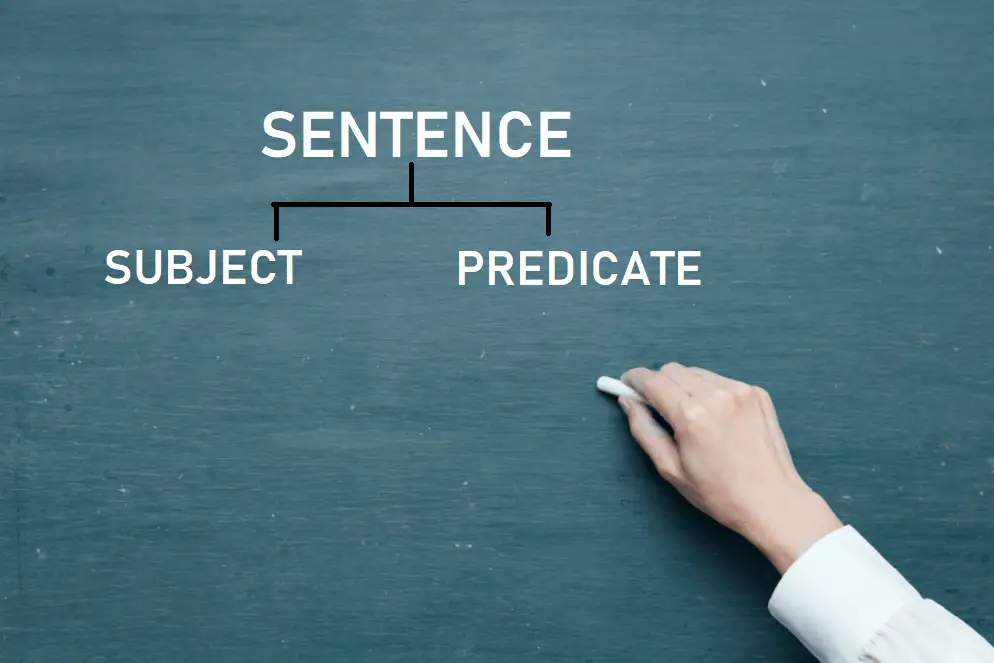
Rules for identifying of the Subject and Predicate in a Sentence
Identifying the Subject:
Normally, the subject in a sentence will be a noun and pronoun. To identify the subject, first find out the verb. Once the verb is known, make a question to that verb using “who”, or “what”. In the maximum situations, the subject of the sentence will be the answer. In our earlier example, is playing is the verb. So if we make a question by adding “who”, it will be “who is playing?”. And the answer is “Advik”. So here Advik is the subject and it is a name, hence a noun.
Remember that the subject can be a single or more word. For example, if I write the above sentence as “Aharsi’s brother Advik is playing”. In this sentence, the subject is “Aharsi’s brother Advik”.
Sometimes, the subject may not appear distinctly in the sentence but it can be implied. For example, in the Sentence “Get out from the class”, the full sentence is the predicate. The subject is “you” which is not distinct but implied. So, care must be exercised to understand the meaning of the sentence for identifying the subject. In a request or command, the subject of a sentence is usually not stated.
The subject in a sentence can be of two types; Simple Subject and Compound Subject. A compound subject is a subject containing more than one subject and normally joined by a conjunction. For example; Ram and Rahim are playing football. Here Ram and Rahim both are subjects and they are joined by the conjunction “and”. So, “Ram and Rahim” in this sentence is a compound subject. In compound subject, all the subjects perform the same action.
Finding subjects for sentences starting with “there”: Note that “there” is normally not the subject in the sentence. To find the subject simply omit the word “there” and then ask the verb “who” or “what”.
Identifying the Predicate:
The predicate of a sentence normally contains a verb and shows action. If you remove the subject part from any sentence, the leftover is the Predicate. The predicate normally explains what the verb is doing.
The predicate in a sentence are of three types as mentioned below:
- Simple Predicate
- Compound Predicate and
- Complete Predicate
A simple predicate tells only about the action of the subject. Our earlier example “Advik is playing”, is a simple predicate. Normally only one verb is used to express the predicate in the sentence.
A compound predicate provides two or more details about the same subject and normally has more than one verbs joined by a conjunction. For example, Swarnaly participated in the story-telling competition and won a prize. Here both verbs participated and won is indicating the action of the subject “Swarnali” and they are connected by the conjunction “and”.
A complete predicate explains the complete thought and uses a single verb. For example, Iffat has opened her youtube channel for the first time. The sentence completes the thought with the verb opened and modifier.
Examples of subject and predicate
Examples of subject and predicate is provided in the following tables. Three tables are prepared showing subject predicate examples as follows:
- Simple Subject and Predicate Example
- Complete Subject and Predicate Example
- Compound Subject and Predicate Example
Simple Subject and Predicate Example:
| Sentence | Simple Subject | Simple Predicate |
| Aharsi is reading a book | Aharsi | is reading |
| Swarnali is distributing chocolate | Swarnali | is distributiong |
| They are fighting over a pen | They | are fighting |
| The Sun rises in the east | Sun | rises |
| Firan, do it | You | do |
Complete Subject and Predicate Example:
| Sentence | Complete Subject | Complete Predicate |
| Firan’s wife Mohor is watching a movie | Firan’s wife Mohor | is watching a movie |
| Little Advik is distributing chocolates and sweets on his birthday. | Little Advik | is distributing chocolates and sweets on his birthday. |
| Ishani and Koushani are fighting over a pen | Ishani and Koushani | are fighting over a pen |
| The Sun does not set in the east | The Sun | does not set in the east |
| Firan, draw it | Firan You | draw it |
Compound Subject and Predicate Example:
| Sentence | Compound Subject | Complete/Compound Predicate |
| Uttam and Sumita loves each other and never fights. | Uttam and Sumita | loves each other and never fights. (Compound) |
| Jharna and Kamal are watching television and drinking coffee | Jharna and Kamal | are watching television and drinking coffee (Compound) |
| Both Ravleen and Dharini are strong in English language | Both Ravleen and Dharini | are strong in English language (Complete) |
| Advik or Karuna has taken the key | Advik or Karuna | has taken the key (Complete) |
| Both Harish and Dhruv studies in KG 2 and stays in Wadi Kabir | Both Harish and Dhruv | studies in Kg 2 and stays in Wadi Kabir |
Worksheets on subject and predicate
Now as you already learned the basics of the subject and predicate in a sentence and examples of those; Its time to solve few worksheets on subject and predicate.
Q1. Underline the subject and circle the predicate.
- The students studied hard for the exam.
- My grandfather loves me very much.
- My brother and I like to swing at the park.
- Kalyan and Abhinav are best friends.
- Avik really wanted a cycle.
- Meena looked out of the window to check the sky.
- The dolphins swam freely in the ocean.
- The IPL team went traveling.
- Jeet took his book back to his friend.
- Sumita painted her rooms green and red.
- Aliya jumped on her bed.
- Advik played with his toys.
- Gargi and her friends raced to school.
- Dipali went to the movies with her family.
- The boys are soaking wet in the rain.
- Anil bought a new pair of pencils.
- Tom is reading a detective book.
- Two mice ran across the floor.
- The children ran around on the playground.
Q2. Circle the simple subject and underline the simple predicate.
- Shruti typed on the computer keyboard.
- The beautiful lady looked at herself in the mirror.
- The teacher wrote the lesson on the board.
- We meet with our friends at the coffee shop.
- Tina was tired of going up the hill.
- The cab driver stopped his car suddenly.
- My naughty cat tracked dirt inside of the house.
- The curious puppy jumped inside of the box.
- The entire family went on a summer vacation.
Q3. Write the simple subject of each sentence.
- Pamela put her jacket down.
- They walked in the footpath.
- The flowers smell sweet.
- The Grand mall is crowded.
- My mother holds my brother’s hand.
- The sky is full of black clouds.
- I have a storybook.
- Kiran is peeling vegetables.
- Taniya is discussing her studies with her friend.
- Rubina made a Russian salad.
Q4. Write the simple predicate of each sentence.
- My brother plays in the sand.
- Firan makes a new friend.
- No one wants to go home.
- The sun sets behind the hill.
- Trijosh climbs up the tree.
- Everybody loves that park.
- Some boys walk very fast.
- Swarnali knows Bharatanatyam.
- My friend went to Salalah for a trip.
- Deep likes to sing a song.
- She shouted for joy.
Q5. Choose a subject from the box to complete each sentence.
|
The bird, A buzzing bee, My mother, A spider, A blue dolphin, The children, The girl |
- ______________________ jumped in the sea.
- ______________________ spun a web in the corner of a wall.
- ______________________ was upset because I broke her favorite neckless.
- ______________________ looked for nectar in the flower.
- ______________________ sing a song all day.
- ______________________ played in the mud.
- ______________________ spun around in alarm.
Q6. Refer to the sentences given below and identify the type of subject and predicate for the underlined parts.
- My brother is doing his homework.
- She is lazy.
- It is a black cat.
- Raj is playing football.
- Give it to me.
- The baby is sleeping.
- Anup wrote to his friend.
- He did his homework and played a video game.
- It was raining heavily when I reached school.
- The earth revolves around the sun.
- The young girl bounced the ball.
- Close the door.
- He adjusted his hat and opened the door.
Q7. Underline the compound subject in each sentence.
- Carrot, beans, and broccoli grow in the garden.
- Harish, Evana, Racleen attended a birthday party.
- My brother and sister really enjoyed the magic show.
- Later this month Jhumpa and Sulekha will visit her friend’s baby.
- Jack and Jill went up the hill.
- John and Jill are going to sell stamps.
- The manager and director approved the business case.
- Rice and chicken curry are my favorite meal.
- Jui and Dipu are coming for dinner.
- Preeti and his brother play in the mud on a rainy day.
- The parents and teacher met in the parents’ teacher meeting.
- Her mother and father decided to go out to dinner.
- Apple and orange are healthy afternoon snakes.
- Neither Sabana nor Maria will be present at school today.
- Miss Maya and his students study hard and learn a lot.
- My friend and I are happy at the Cinema hall.
- Ben and Clamy are hungry.
- Paneer cake and Kulfi is my mom’s specialty.
- Ghee roast and veg Pulao are on the restaurant menu.
- Each glass and plate look new.
Q8. Underline the Compound Predicates in each sentence.
- Koalas run away and never returned.
- The telegram was late but contained exciting good news.
- I like chocolate but hate chocolate cake.
- She toppled over when I touched her.
- They need to absorb potassium and keep above 25 degrees.
- Dolphins are swimming and splashing around in the Matra beach.
- Shalini loves swimming and cycling.
- Kamal went to the market, but he forgets milk.
- The students danced and sang at the annual school function.
- My mother and her sister-in-law cooked and talked for hours.
- The ship transports people and moves goods.
- Kajal received a Diwali gift and felt happy.
- Grandpa looked for his phone and learned it.
Q9. Read the groups of words below and write Subject or Predicate on the line next to each phrase.
- Knew all the answers
- The girls in my class
- My favorite food
- Smiled
- Swimming
- The tiny ant
- My father’s friend
- Raced to school
- Ate bread
- The blue whale

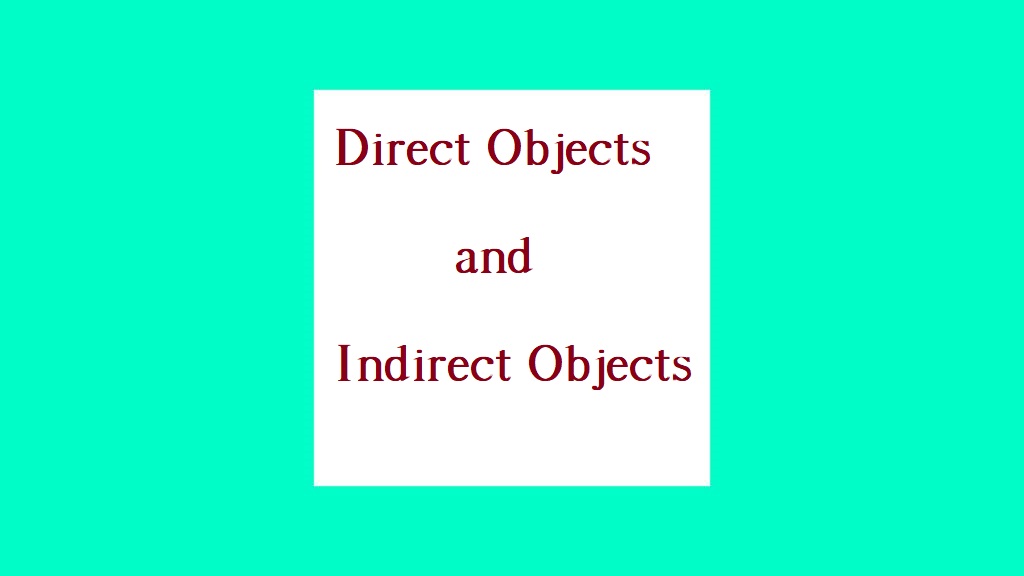
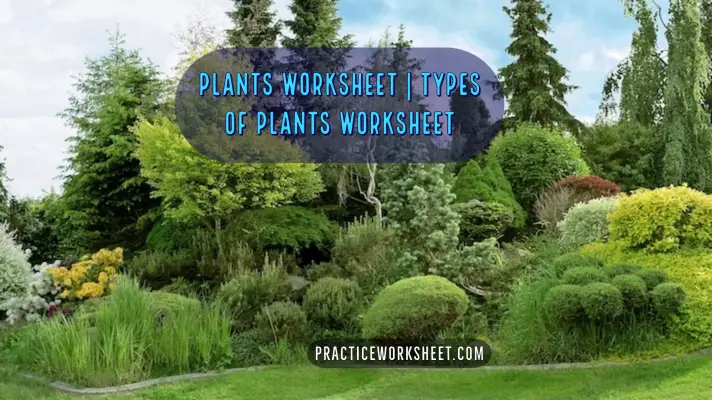
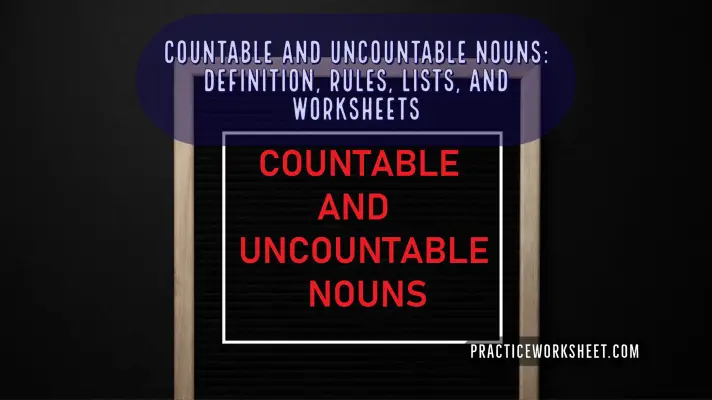
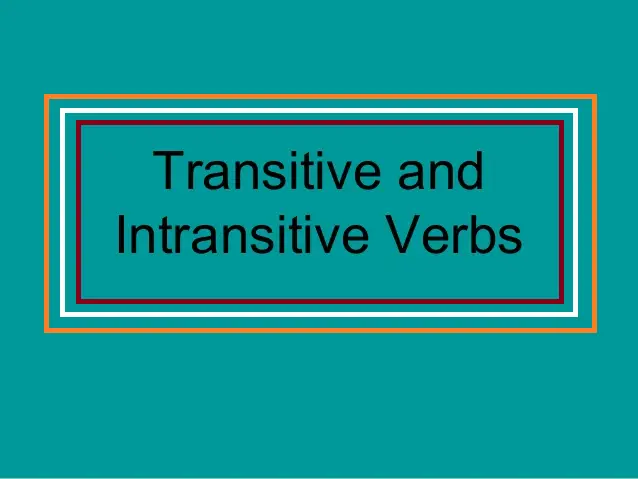
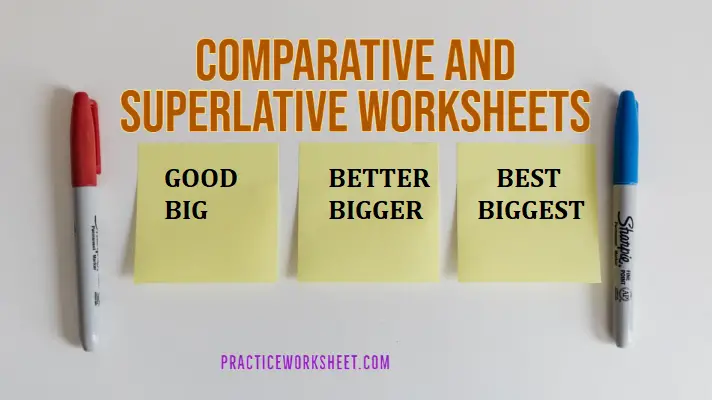
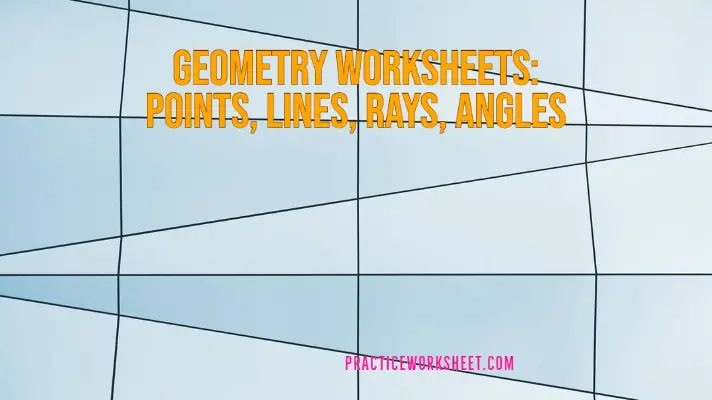

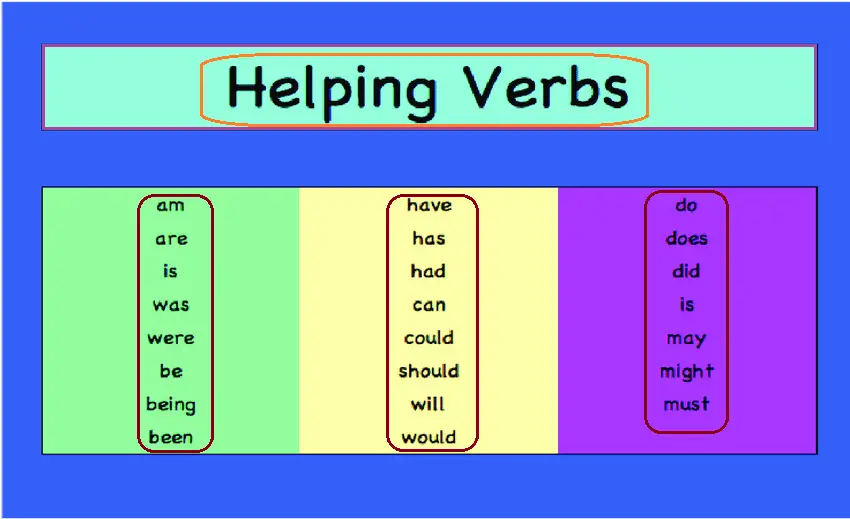
Very helpful.
well, I am Iman . I am from Iraq .I am BA English Graduate . thank you so much for this information. I wish all the best for you .